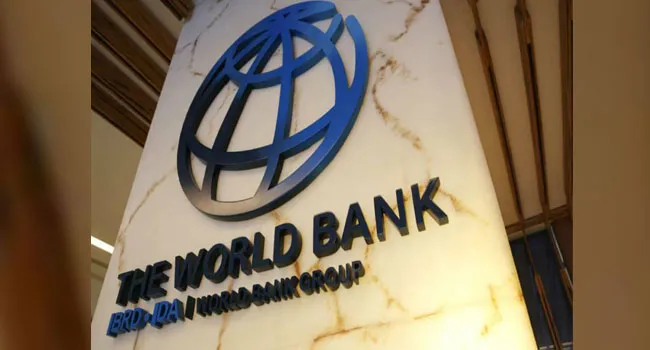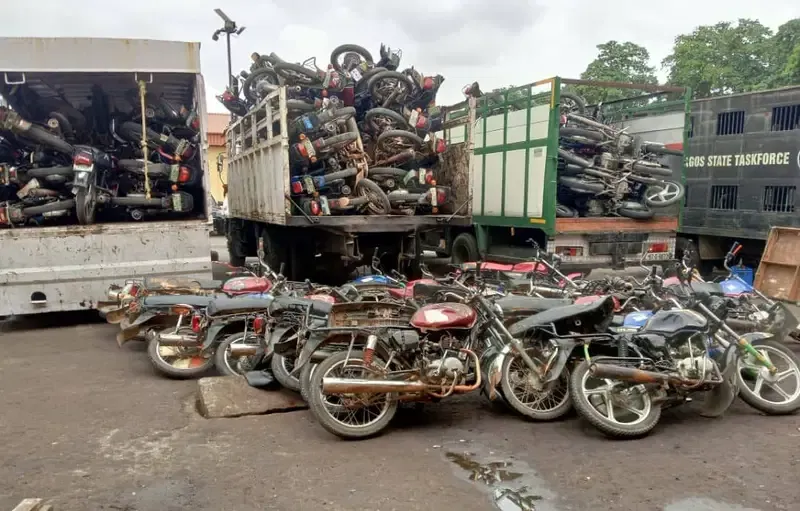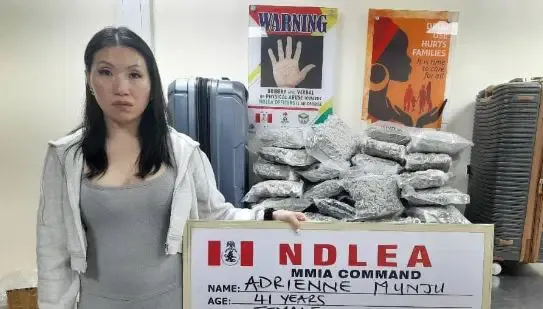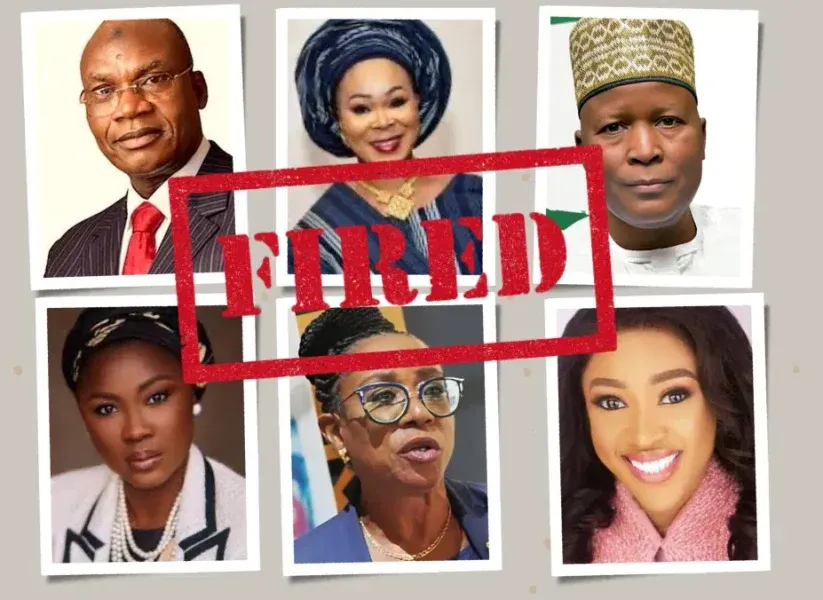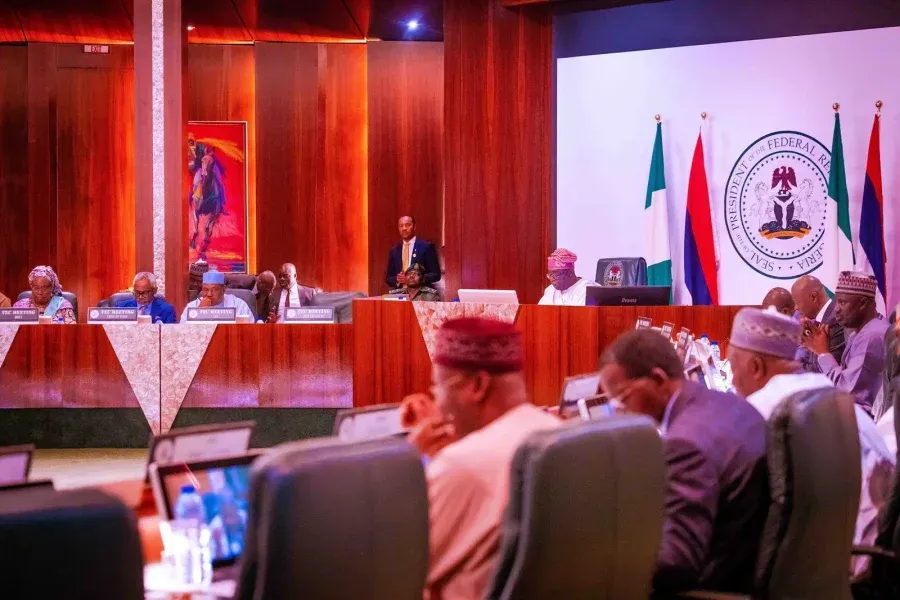Professor Nwoke Friday Chijioke, former Vice President of the ECOWAS Court of Justice, has voiced strong opposition to the recent press conference conducted by the Chairman of the Economic and Financial Crimes Commission (EFCC), particularly regarding its discussion of Yahaya Bello, the erstwhile Governor of Kogi State.
Speaking on the Politics Today program aired on Channels Television, Prof. Chijioke condemned the EFCC’s approach, characterizing it as an unfair trial and accusing it of engaging in what he termed a “media trial.”
He underscored the imperative of discretion in such matters, emphasizing that institutions of justice, such as the EFCC, ought to conduct investigations discreetly without involving the media.
In his critique, Prof. Chijioke stated, “The EFCC chairman’s press conference of yesterday was really uncalled for. That is unfair trial. All these challenges are because of what I would call a media trial.”
He further elaborated on the principle, stating, “An institution of justice should be in a position, especially when you are the investigator, [to] carry out a discrete investigation. You do not need to involve the media.”
Prof. Chijioke highlighted the unnecessary exposure of the accused, asserting, “You do not need to accord any privilege to Yahaya Bello. The law does not require the according or the giving of privileges to persons who are suspected of having committed an offense.”
Moreover, he questioned the EFCC’s procedural choices, particularly in corruption cases, stating, “In corruption cases, you don’t necessarily need to make an arrest. You don’t need to bring into custody. Because more often than not, in corruption cases, they are determined by documentary evidence.”
The professor emphasized the importance of presenting evidence before resorting to public announcements, stating, “If you make out a prima facie case and you have evidence to make out a prima facie case, why don’t you file a case in court and serve the accused person? Why would you, in the first instance, perhaps advertise or publicize? Because that is, in the first instance, unfair hearing.”

